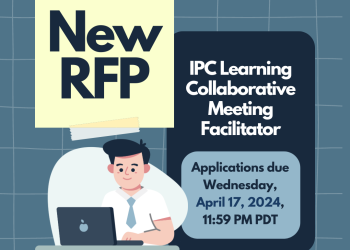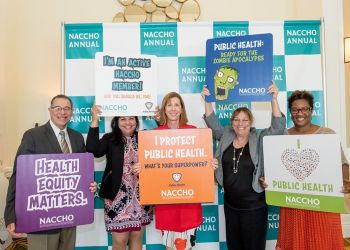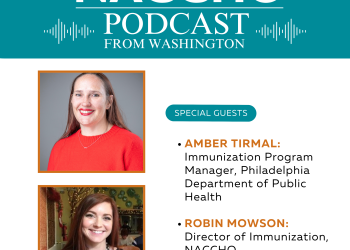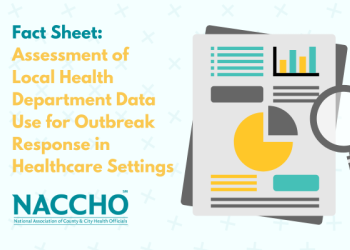On January 20th, 2023, the Centers for Disease Control and Prevention (CDC) published new analysis on substance use among persons with syphilis during pregnancy. Data on births that occurred during January 1, 2018–December 31, 2021, in Georgia and Arizona, and were reported to CDC as of September 9, 2022, were analyzed to compare the prevalence of any substance use among pregnant persons with syphilis by whether their pregnancy outcome met the surveillance case definition for probable or confirmed congenital syphilis (congenital syphilis pregnancy outcome) or did not (non-congenital syphilis pregnancy outcome) and to describe selected demographic, prenatal care, clinical and treatment information, and history of incarceration and homelessness in the 12 months preceding case report or positive test results or during pregnancy.
Based on the data analyzed from the two states, the prevalence of substance use (e.g., tobacco, alcohol, cannabis, illicit use of opioids, and other illicit, nonprescription substances) in persons with a congenital syphilis pregnancy outcome (48.1%) was nearly double that among those with a non-congenital syphilis pregnancy outcome (24.6%). Persons with a congenital syphilis pregnancy outcome were six times as likely to report illicit use of opioids and four times as likely to report using other illicit, nonprescription substances during pregnancy than were persons with a non-congenital syphilis pregnancy outcome. Approximately one half of persons who used substances during pregnancy and had a congenital syphilis pregnancy outcome had late or no prenatal care. Consistent with previous research; the prevalence of late or no prenatal care was high among persons who used any substance during pregnancy, and those who did receive care had fewer prenatal visits. Up to one quarter of those who used substances and had a congenital syphilis pregnancy outcome had a history of incarceration or homelessness.
Tailored interventions should address barriers and facilitators to accessing screening and treatment for syphilis among persons who use substances. The need for syphilis screening and treatment should be addressed at any health care encounter during pregnancy, especially among persons who use substances. Learning more about the link between high-risk substance use (HRSU), such as opioid and methamphetamine use, and STDs is key to providing appropriate care and treatment. STD clinics may have a critical and untapped role to play in connecting people to substance use care. NACCHO has recently begun a project designed to respond to this need. Funded by the CDC’s Division of STD Prevention, this project aims to increase the capacity of STD clinics to offer harm reduction services to those using the STD clinic and vice versa. The project will contribute to the evidence base regarding this integration and fund demonstration projects to increase this integration.
Distrust and stigma can be barriers for pregnant persons who use drugs in seeking prenatal care. Pregnant people may worry that disclosing HRSU could lead to arrest or separation from children, or denial of care if they are not able to discontinue use or experience a return to use during pregnancy. Most states do not require mandatory reporting of substance use to law enforcement or child protective services, but there these laws can vary widely and there may be policies in place to report at a medical office or hospital. While substance use during pregnancy can pose risks to the pregnancy, data shows that not accessing prenatal care poses even greater risks. To learn more about this, check out the Pregnancy and Substance Use report by the Academy of Perinatal Harm Reduction and the National Harm Reduction Coalition available here. Trauma- informed care and understanding of laws and policies by care providers and patients can help build trust between providers and pregnant persons. Providers should offer an array of resources for the pregnant person engaging in HRSU, including Medication for Opioid Use Disorder (methadone and buprenorphine are both safe for pregnant people), harm reduction resources, and education on safer use and overdose prevention.
Congenital syphilis cases will not decline if pregnant people or people planning to get pregnant are not comfortable engaging in STI treatment/care and prenatal care as a result of drug use and the real and perceived stigma and threat to their ability to parent in that case. As health departments, NACCHO members should keep this in mind when designing and implementing syphilis prevention and control activities.





